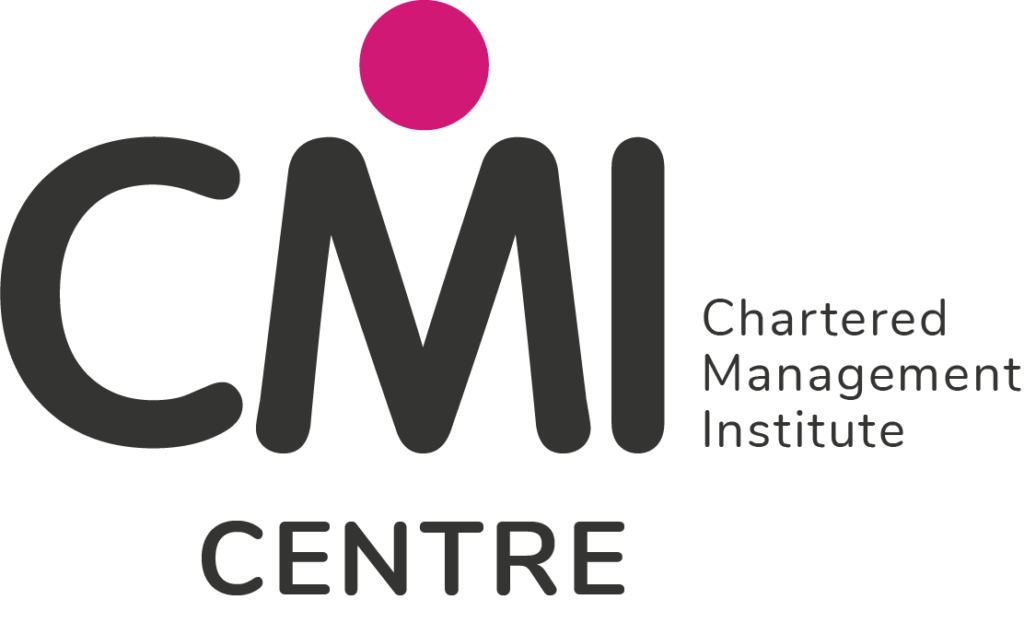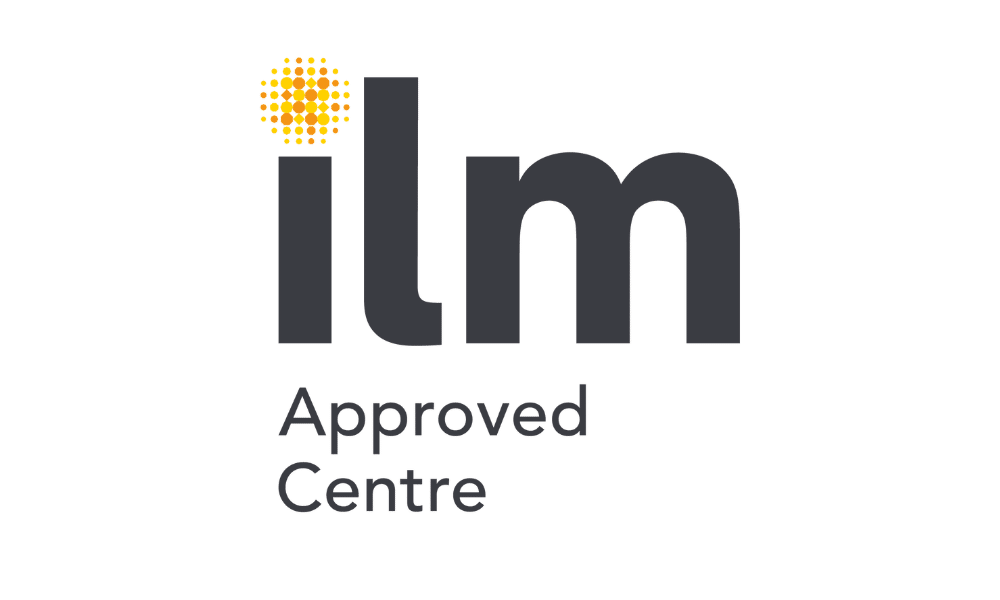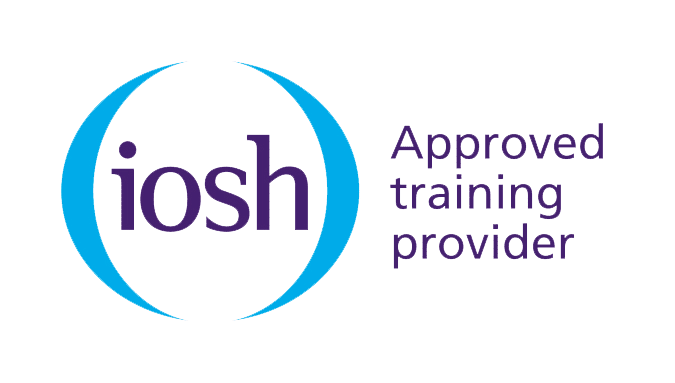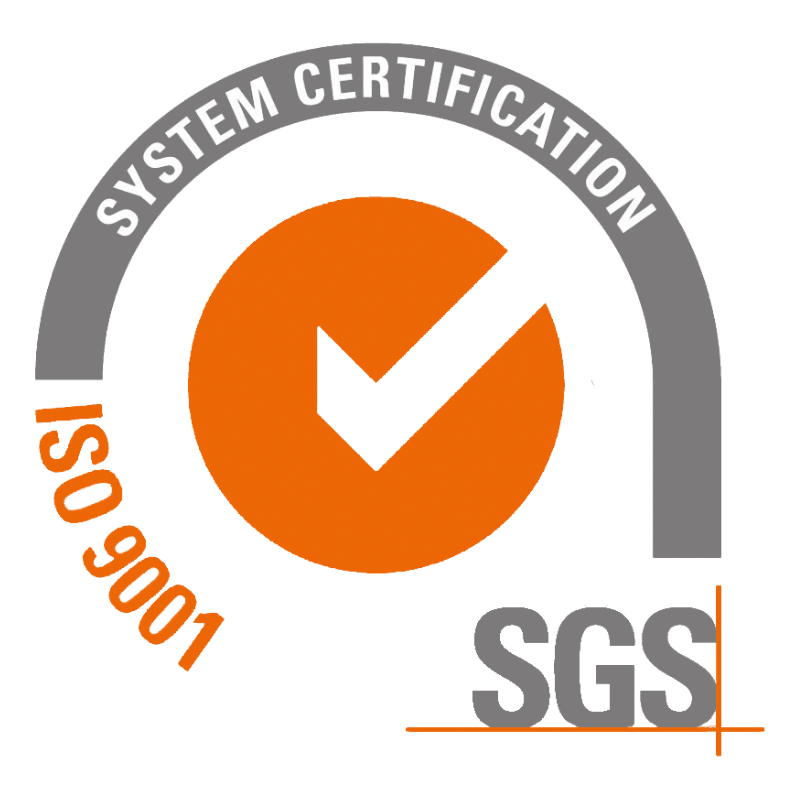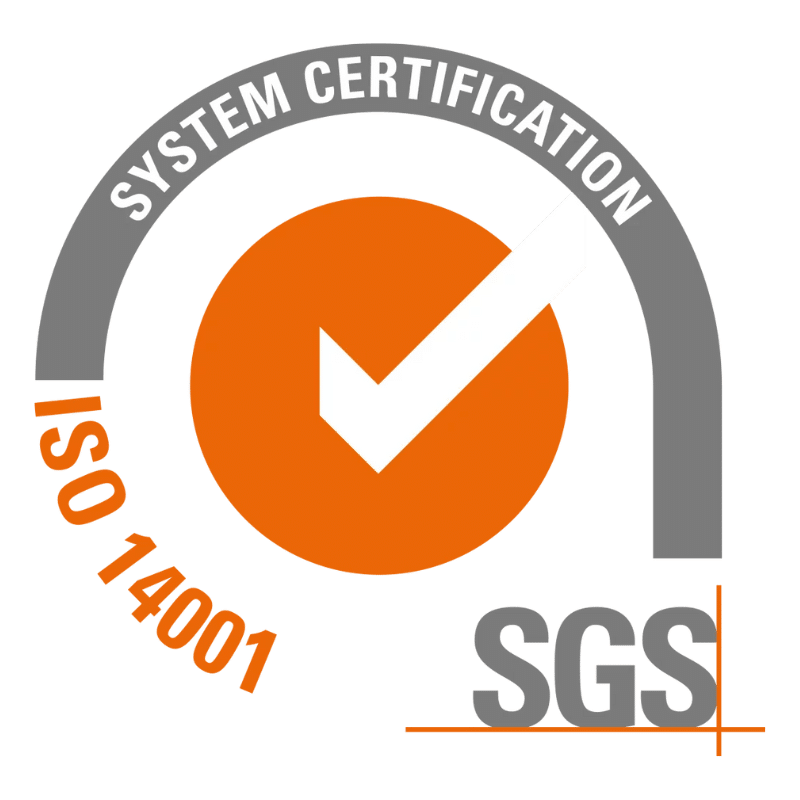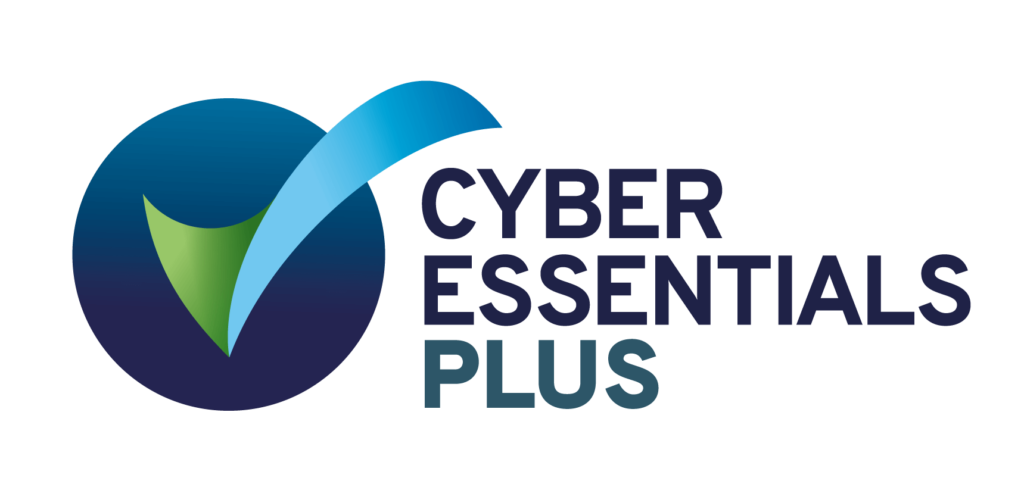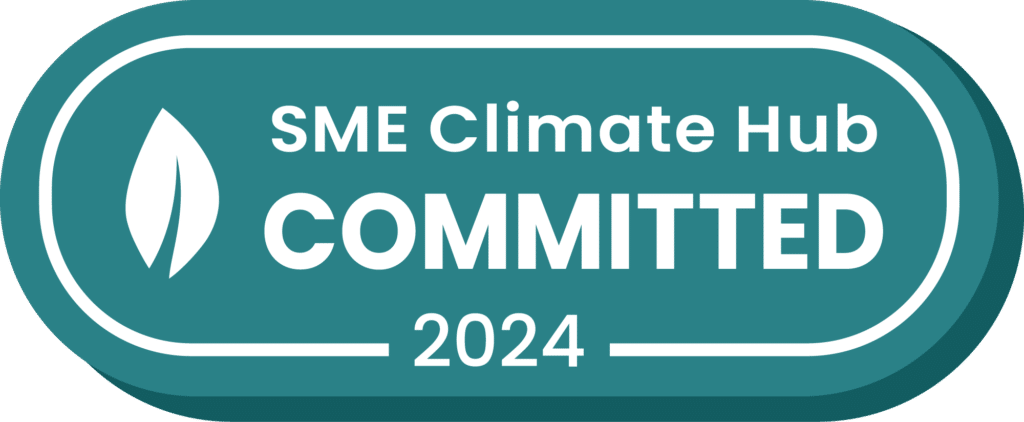With the year drawing to a close, Tony Cunningham, Eliesha’s Business Development Director, has been reflecting on the different ways that we have supported our learning partners during 2017 and the insight it can offer Learning & Development teams and professionals moving into the new year.
Competitive Edge
The most common challenge is helping customers to improve the effectiveness of management teams and the common requirement is for our clients to increase their competitive edge. In order to achieve this, we have been helping people with the skills to think, act and behave in the right ways. A priority focus has been upon supporting first-line leaders and managers. They make up 50-60% of management, on average, and directly supervise 80% of the workforce. They are the central players in engagement and in the delivery of a company’s business strategy.
We have equipped people with the skills to manage performance, to solve complex problems and make informed decisions. We have provided skills for project planning, managing and mitigating risk and acting fast in implementation.
People increasingly need the knowledge and skills to keep up in this VUCA (Volatile, Uncertain, Complex & Ambiguous) world, to be prepared and equipped for their next work task, challenge or response to change.
Coaching
In terms of being prepared and equipped, we’ve noted a strong market trend in desire to create a supportive and learning culture. Customers are recognising the need for their people to embrace and respond to the current climate of regular change and we are supporting this with coaching solutions.
Coaching is increasingly used to help drive a supportive, collaborative and learning culture. It is recognised as a key management tool delivering considerable benefits; helping managers get the most from their teams, boosting employee engagement and developing high performing workplaces. Coaching is a proven tool for maximising employee satisfaction and productivity.
With our training, managers and supervisors have shown an increased ability to use coaching methods, tools and techniques to take, for example, a confident and active role in employee performance, including recognising what employees are doing well and addressing situations where an employee is falling short.
70:20:10 Learning Paradigm
There is a requirement to deliver learning in more innovative, effective and efficient ways for customers. In response, we have designed more agile, flexible approaches to learning. For example, our learning solutions are blended with shorter, sharper bitesize and masterclass workshops, with learning transfer accelerated and enabled by micro learning, e-learning toolkits.
More of our solutions are also required to support the 70:20:10 learning paradigm (other ratios available!). Whatever the percentage, there is increasing awareness that people learn in different ways, don’t always have the time for formal learning, don’t have all the answers, and there is a need to encourage colleagues to collaborate, co-operate and learn from each other.
Customer feedback tells us that e-learning – especially e-toolkits – are extremely beneficial for standardising management methods, models and tools across the workforce. The sharing and discussion of this learning and these practical skills between individuals then serves to improve their effectiveness and widen their scope. We have also found Action Learning a highly beneficial tool to help drive a collective, collaborative and co-operative problem solving and learning environment.
There is increasing evidence that these all help to amplify learning, and increase its impact on a variety of measurable metrics and KPIs.
Analytics
The cost of abstraction from the workplace for learning and training is a major consideration for customers. They require understanding of, and planning for, Return on Expectation and Return on Investment. In response, we have helped customers to gain insight into how to measure the benefits of learning interventions. We have designed ways to shorten the time between learning delivery and impact in the workplace, as well as how to measure the learning outcomes and impact in the workplace. We have again found that L&D professionals appreciate our learning partnership approach in understanding how best to measure and evaluate the return on expectations and investment.
At Eliesha, quality underpins all design and delivery. Consistent and continual measurement and evaluation of learning informs how best we design and deliver our blended learning, in order to manage the progress of achievement of learning and organisation objectives.
–
